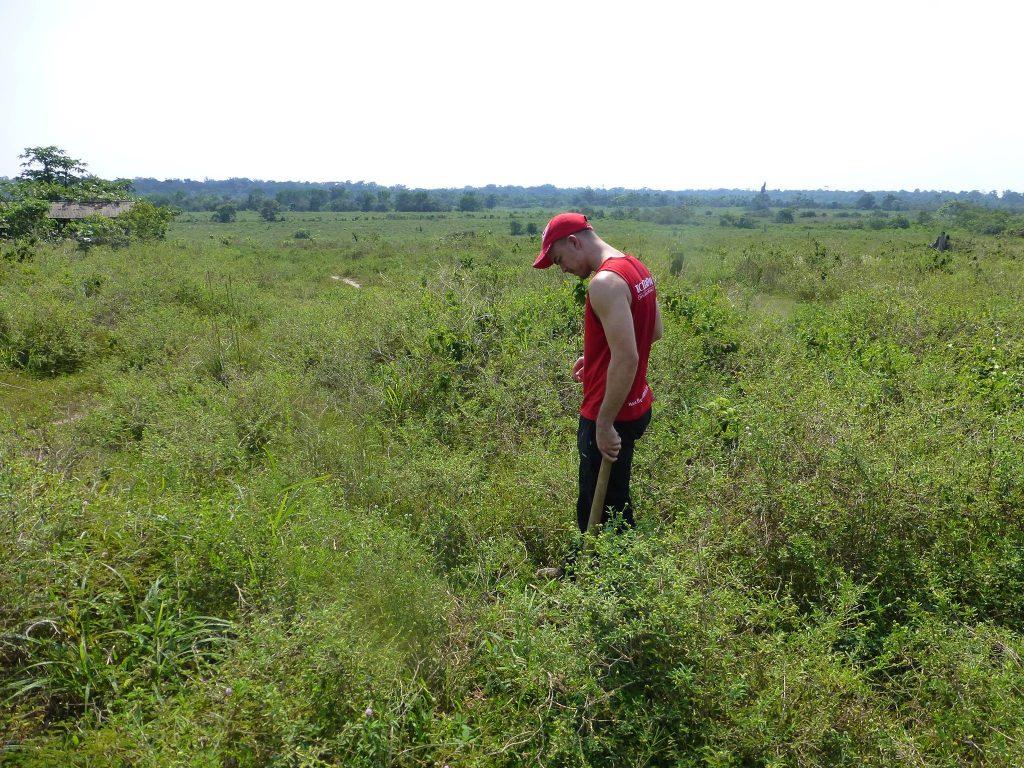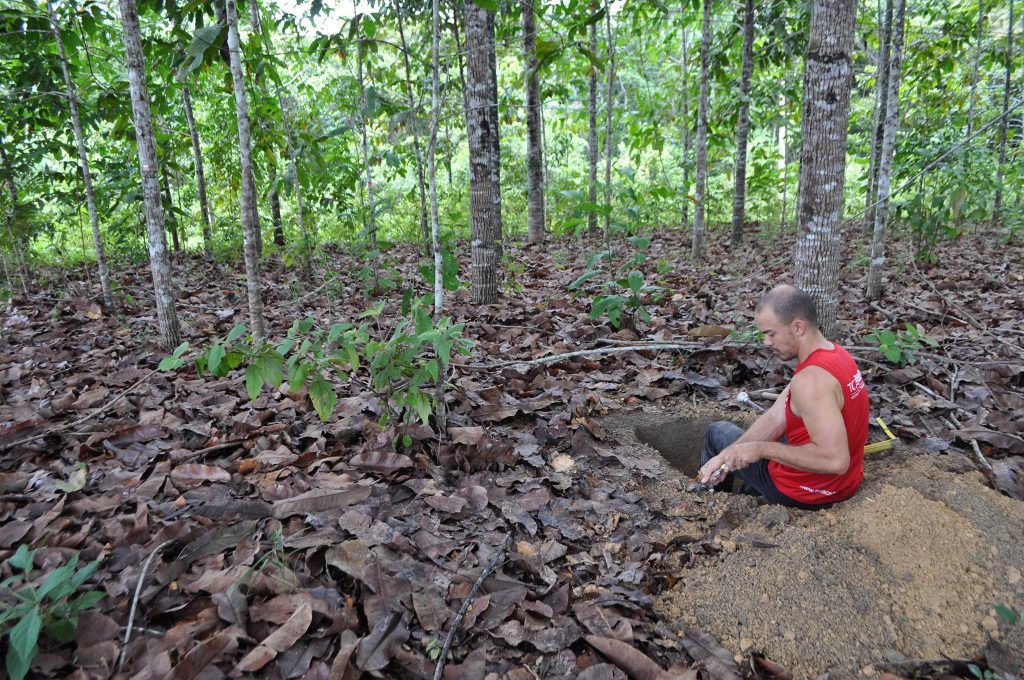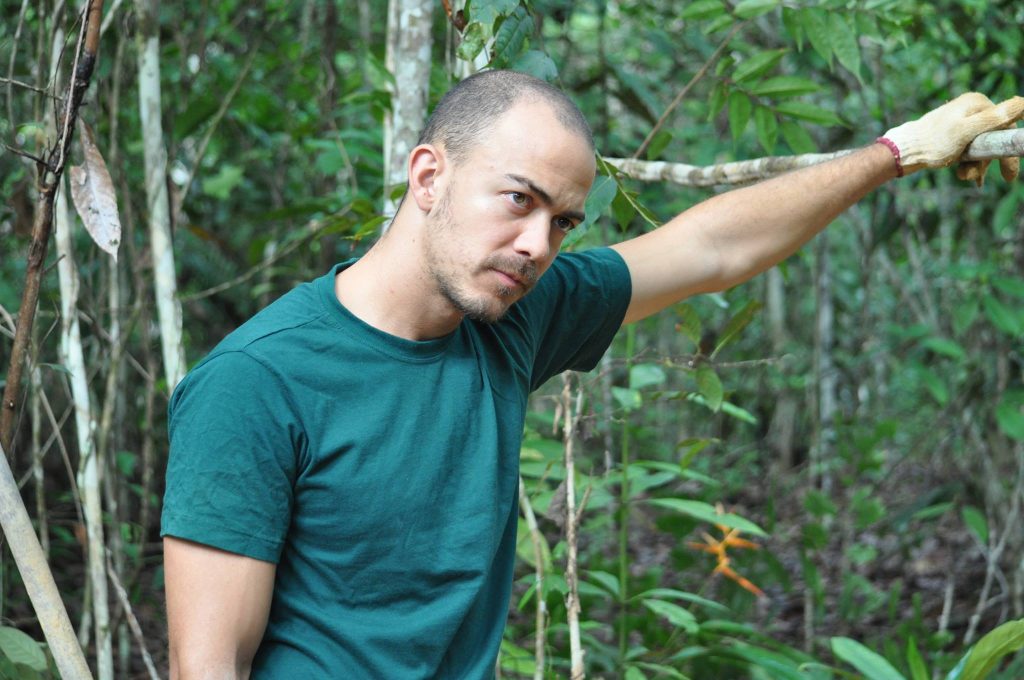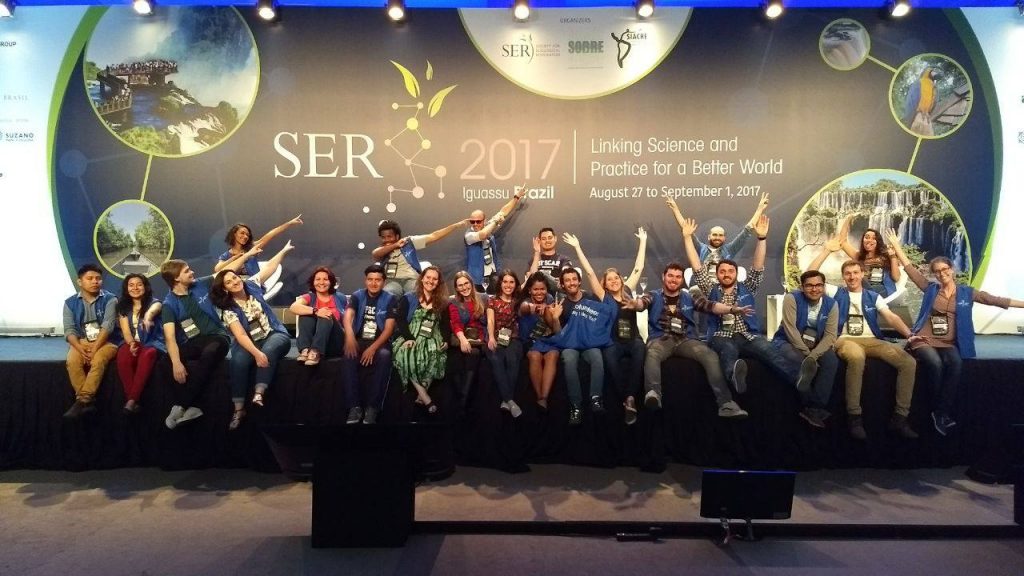News
Danish research project aiming to take roots of change to Brazil
This article is more than 8 years old.
Afforestation experiences in Denmark could prove pivotal to the Amazon
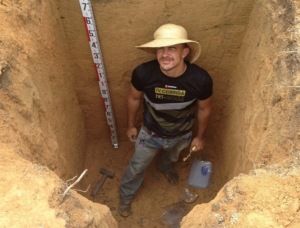
Searching for clues in the soil (photo: Rodrigo Bastos)
Rodrigo Bastos is far away from his native Brazil, and it could perhaps be difficult to ascertain exactly why he would leave the sweet nectar of Brazilian life to come to Denmark. The answer is far from trivial.
But the fact is that the future of the great, but dwindling Amazonian forests in his country may very well hinge on what is going on in Denmark.
Bastos is in Denmark because he is working on a PhD project at the Department of Geoscience and Natural Resources Management in the University of Copenhagen. He hopes to uncover information and experiences that could prove vital to the future of the Amazonia. The key, he contends, may very well lie in Danish dirt.
Denmark and Brazil, he explains, are on opposite tracks in terms of forestry. In 2002, Denmark established a national forest program that aims to increase total Danish forest cover area from 14 to 20-25 percent over the next 80-100 years. Meanwhile, Brazil loses on average the equivalent of about five times the total Danish forest cover area annually.
“The forest situations that Denmark and Brazil are facing right now are polar opposites,” Bastos told CPH POST.
“On the one hand, Denmark is investing huge efforts and resources to restore and to reforest degraded lands, while in my country the government is trying to reduce protected areas to benefit large landowners for soybean crops expansion and cattle ranching.”
Bastos is investigating whether the afforestation initiatives undertaken in Denmark – the establishment of a forest in an area where no tree cover has existed for over a century – can be translated into something beneficial to Brazil.
He has two case studies. One is in the Amazon forest and the other is in Denmark – and both are somehow related due to the scientific approach of investigating the influence of reforestation and afforestation programs regarding soil carbon stocks and ecological functions.
So far the results have been positive and a trend has emerged indicating that the afforestation is leading to increased soil carbon stock (which measures the health of soil).
Bastos has long campaigned for Brazil to get its act together in the forestry arena, and he recently attended the World Conference of Ecological Restoration held in Foz do Iguassu in Brazil.
“We need to know if it works in Denmark. The point here is to see what consequences afforestation have on soil carbon concentration. We need to bring that information to Brazil,” said Bastos.
Bastos hopes to learn techniques that measure restoration variables in the soil after afforestation programs in Denmark and reforestation in the Brazilian Amazon forest.
“Due to this, the Amazon forest and our Brazilian savannah, also known as Cerrado, are the main victims losing lots and lots of hectares and biodiversity every month. Denmark had devastated most of its forest by the end of the 18th century, but the Danes have learned how badly and costly that can be. Brazil should learn from Denmark before it is too late,” he said.
Bastos, whose scholarship is financed by a Brazilian scientific program called ‘Science Without Borders – CAPES’, is looking to return to Brazil next summer after completing his thesis. Until then, you’ll find him looking for answers in the Danish soil.

